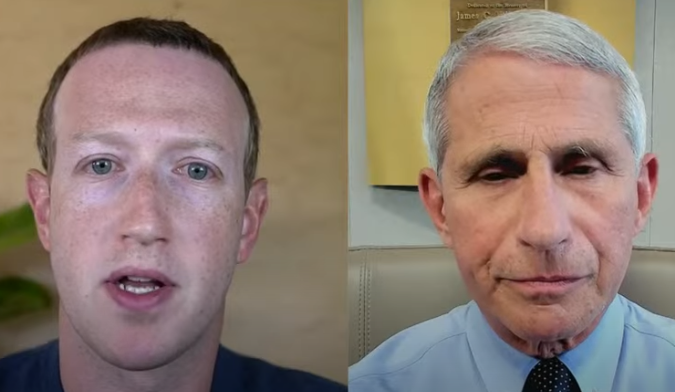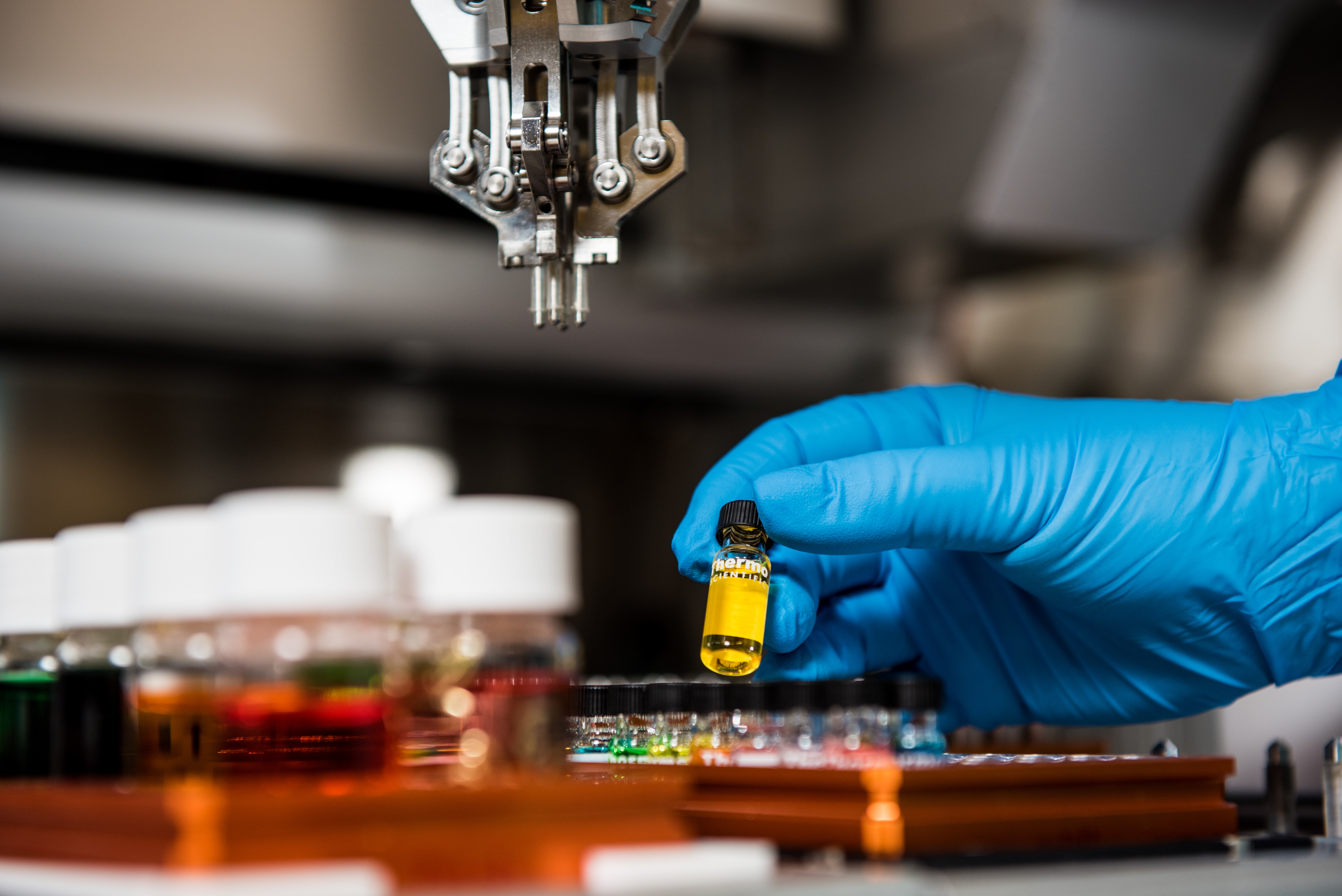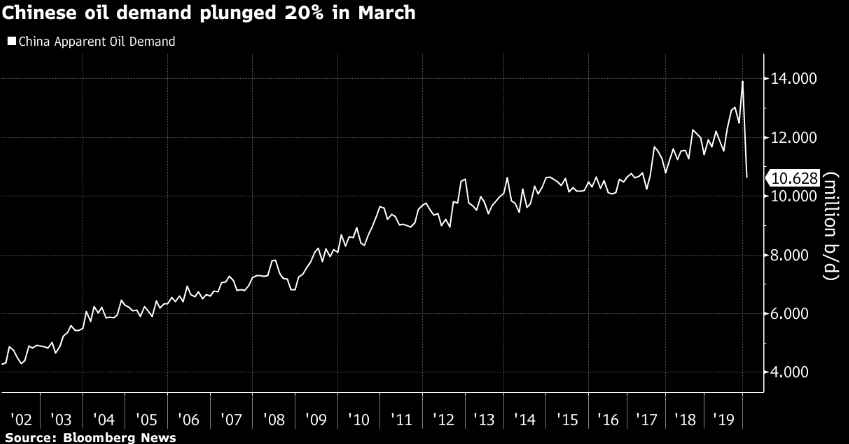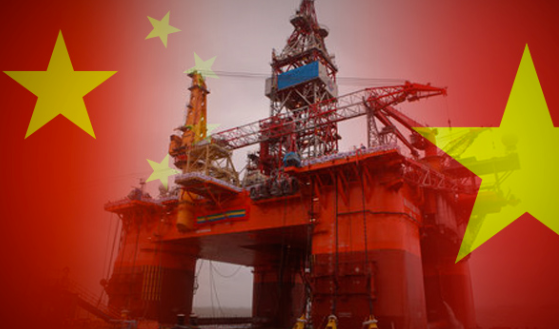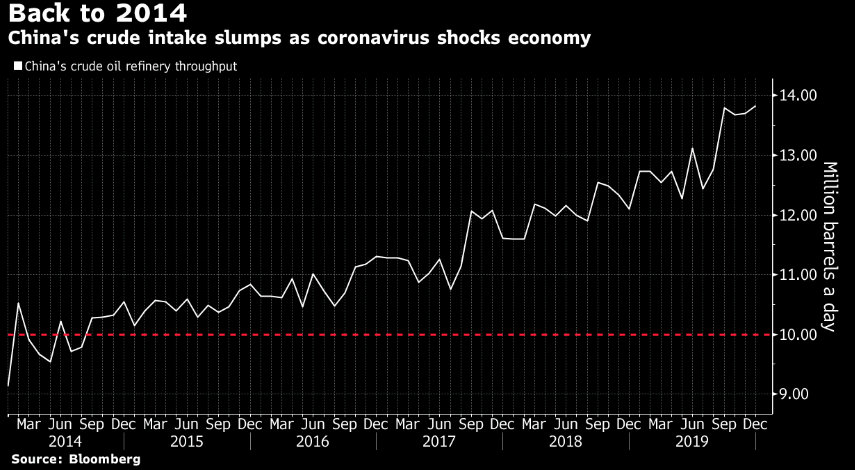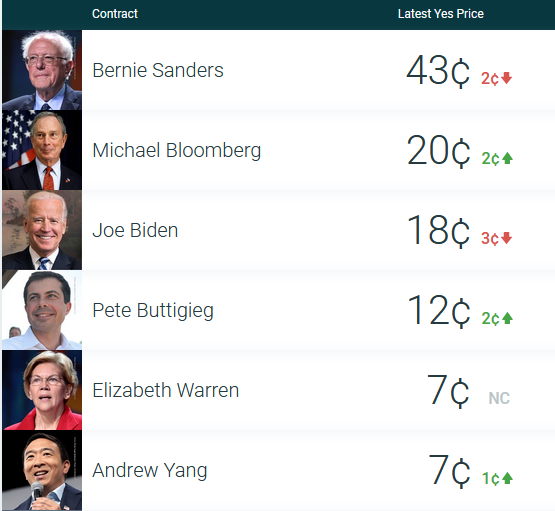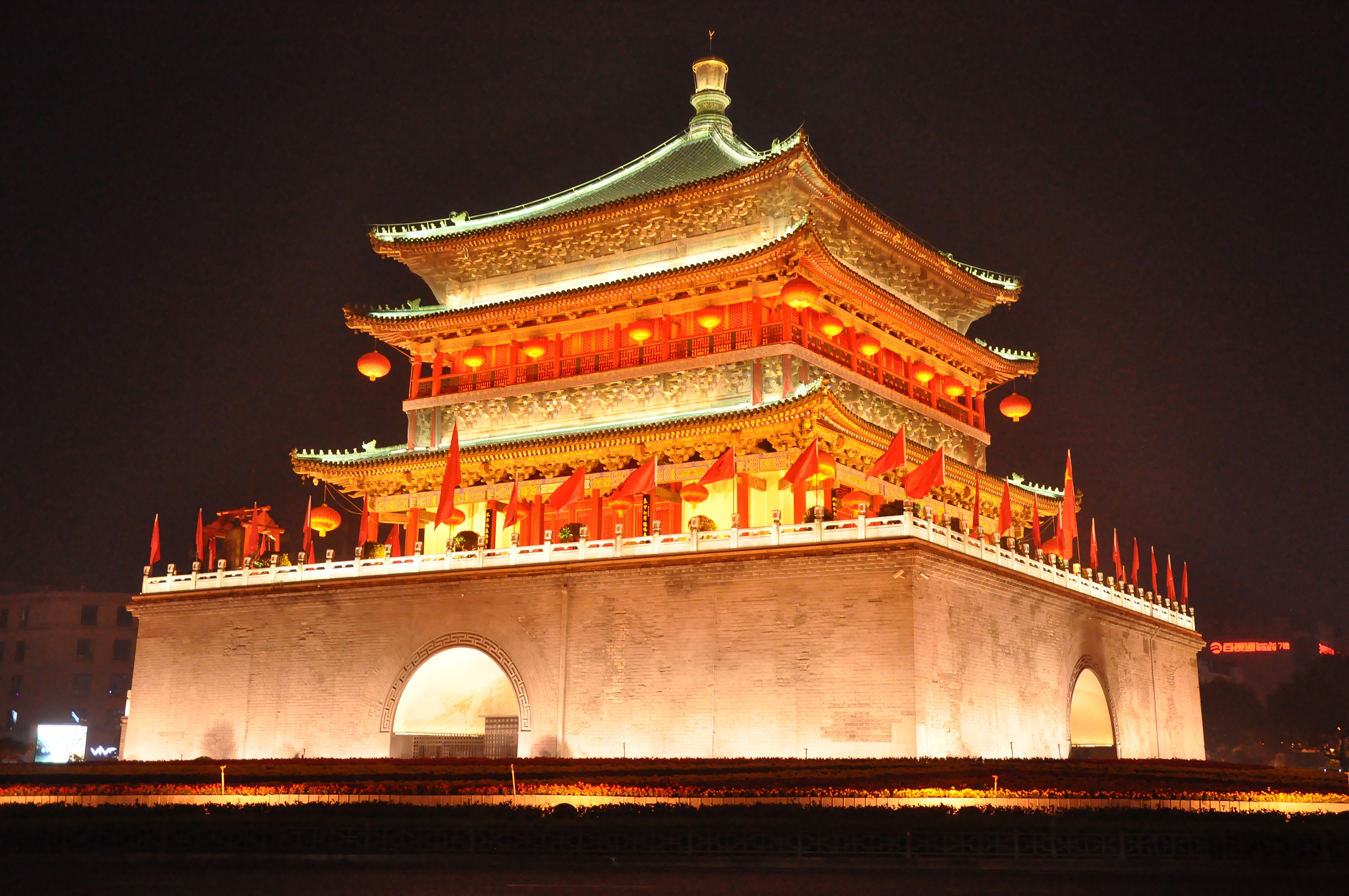This via Bloomberg, some hiring to offset the job losses elsewhere
Instacart 300,000
Walmart 150,000
Amazon 100,000
Dollar General 50,000
CVS 50,000
Albertsons 30,000
Pizza Hut 30,000
Dollar Tree 25,000
Papa John’s 20,000
7-Eleven 20,000
Dominos 10,000
Kroger 10,000
Walgreens 9,500
Pepsi 6,000
Service, delivery workers. There will be similar developments on other economies (scaled to the size of those economies of course).
These will not entirely offset the job losses ahead. Initial claims this week are seeing estimates, some of 3 million (BoA)
